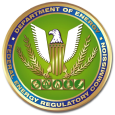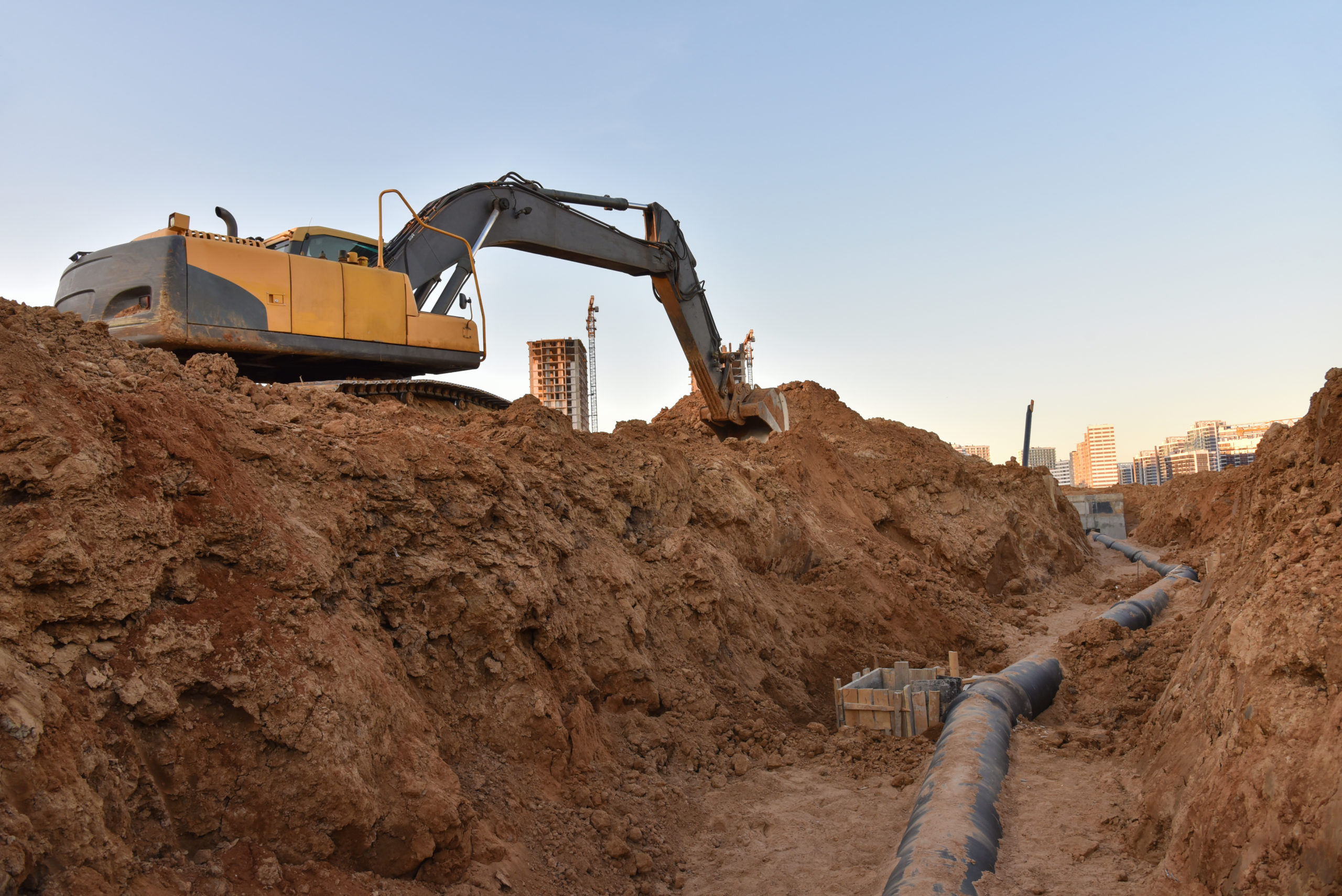The Interstate Natural Gas Association of America in comments filed Monday reaffirmed its confidence in the reliability and resilience of the interstate natural gas transmission network, and dismissed the Department of Energy’s contention that weather-related events justified propping up uneconomic coal and nuclear plants in wholesale electricity markets administered by regional transmission organizations and independent system operators.
INGAA, which fully supports efforts by the Federal Energy Regulatory Commission to enhance grid reliability and resilience, called the NOPR’s technical foundation “fatally flawed.” If adopted, the proposal would “imperil the benefits of innovation and efficiency spurred by competition,” INGAA said in comments on DOE’s proposed FERC rulemaking on electric grid reliability and resilience pricing
“The proposal provides no basis for the Commission to alter its market-based rate regime fundamentally by turning back the clock on competition.”
INGAA advocated that FERC continue its fuel-neutral, market-based policies to incent reliability and resilience. “Wholesale electricity markets can, and should, value and incent reliability and resilience,” INGAA commented. It suggested that FERC should direct RTOs and ISOs to examine whether, and if so how, they value reliability and resilience and report their findings to the commission within 90 days. “[B]ased on its analysis of the RTO’s and ISO’s responses, the Commission should develop a new proposal to determine how best to value and incent reliability and resilience in wholesale electricity markets on a fuel-neutral basis, tailored to meet the needs of the market, which may vary by region,” INGAA said.
Natural gas generation resources are well-positioned to enhance reliability and resilience in wholesale electricity markets, INGAA said. “This is important, because the DOE proposal disparages the reliability of natural gas-fired generators, and implicitly the reliability and resilience of the natural gas supply and delivery system, in attempting to make the case for the proposed grid reliability and resiliency rule,” INGAA’s comments said.







